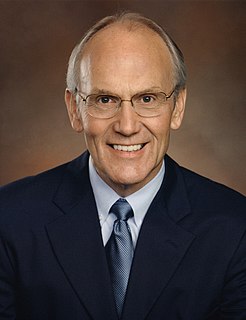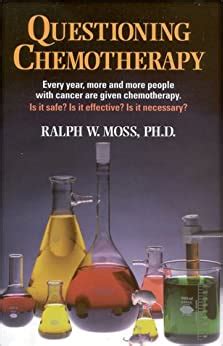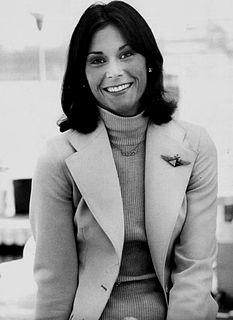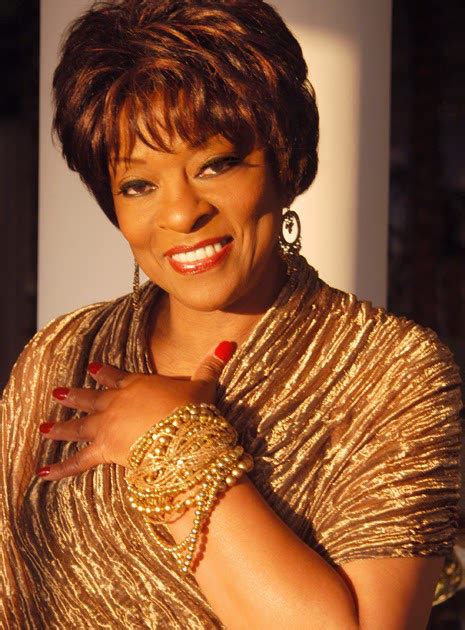A Quote by Molly Ivins
On a personal note: I have contracted an outstanding case of breast cancer, from which I intend to recover. I don't need get-well cards, but I would like the beloved women readers to do something for me: Go. Get. The. Damn. Mammogram. Done.
Related Quotes
Kanematsu Sugiura.....took down lab books and showed me that in fact Laetrile is dramatically effective in stopping the spread of cancer. The animals were genetically programmed to get breast cancer and about 80 - 90% of them normally get spread of the cancer from the breast to the lungs which is a common route in humans, also for how people die of breast cancer, and instead when they gave the animals Laetrile by injection only 10-20% of them got lung metasteses. And these facts were verified by many people, including the pathology department.
My breast cancer was caught very early thanks to my doctor a wonderful woman named Elsie Giogi, who just recently passed away after practicing medicine into her 80's. At the time, she had suggested I go for a baseline mammogram before age 40 because I had fibrocystic breasts. The mammogram discovered a tiny tumor, and it was so small that they were able to take it out very easily. I had a lumpectomy. Unfortunately, they did miss a little of the cancer, and two years later I had a mastectomy. But hey, I'm here, I'm alive, and I'm going to live to be 100!
I would like to get out to the region in the Caspian sea. I would like to go there. I would like to get to Darfur. I would like to get to Khartoum in Northern Sudan. I would like to get to Zimbabwe. I would like to go back to North Korea, if I could. I would like to go to Yemen. I would like to get to Kashmir. Most of those destinations I will get to.
I would tell a newly diagnosed young woman that breast cancer is a complex disease which can be frightening and confusing, and it's normal to experience these emotions, and having a good support system is important. Be an active participant in your treatment, follow your doctor's instructions and ask questions. Also, I would tell her that there have been many advances in breast cancer and women are now living much longer.
































